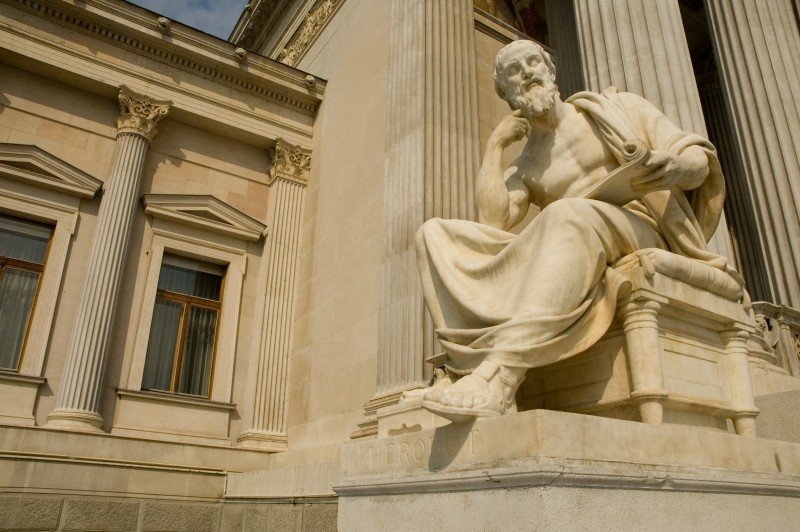A Critical Analysis of the Ideal City Developed in Plato’s Republic
The ideal city as developed in Plato’s Republic is one that is based on justice and human virtue. Plato believed that human beings were born knowledgeable. This knowledge was divine and from the gods. This means anyone had the ability to work effectively and contribute towards development, which meant knowledge was not empirical in nature. While evaluating Plato’s work of Socrates’ teachings, it is vital to note that the concept of women’s representation in the republic is an issue of concern and needs to be addressed. In this case, Socrates contradicts himself on the issue of equality with respect to women rulers while stating that ruling was inherent in man naturally. This argument favors men and points to women as weak leaders or persons who rule when there is no alternative.
More congenial to modern sentiment is Plato’s suggestion that women in the guardian class should receive the same education as men so that the best of them can assist in war and governance. There is no private property or money except as it is necessary among the lower classes. Therefore, there will be no disputes about what belongs to whom, just as there will be no disputes about which women belong to whom and whom one’s children are. In general, Plato’s goal was that everyone thinks of everyone else as a member of their family, such that there is little or no strife between people and they all desire the same thing, that is, harmony, temperance, gentleness toward fellow citizens, and harshness toward people from other states: a unified front on all issues, as it were. The health of the community is the overriding principle in all spheres of life. All of Plato’s radical prescriptions follow from that one principle.
Plato’s objective of explaining the ideal state still leaves women out of the picture. Instead, it clarifies the nature of the just soul that to him was equivalent. To him, the ideal state was the soul; for instance, the partitions of the state must match with those of the soul. However, since the soul is complex to examine, Socrates argues that he will first study the state, and then rely on his assumptions to explain the nature of justice in the individual (Cohen, Patricia, and Reeve 66).
According to Plato, the ideal city was one that reflected the universe on the one hand, and the individual on the other. This factor meant women were to be part of that change. Allegedly, the features of the ideal state are mainly an interpretative contrivance. Plato may not have believed that his work would be used to set up some fundamental ideas. According to Socrates, it is logical to presume that Plato would have wished to see some of his thoughts put into practice in a city-state. This is because he was unhappy with the city-states of his day and was giving an alternative.
In Plato’s ideal state, three principal classes correspond to the three components of the soul. These included guardians, auxiliaries, and the lowest class, comprised of producers. Women were placed in the lowest category, which was of the producers. The guardians and auxiliaries have the same education, which begins with music and literature and ends with gymnastics. The arts are censored for educational purposes (Cohen et al. 67). For example, any poetic writing that attributes immoral deeds to the gods cannot be taught. Only poetry that nurtures the growing qualities of the student can be part of the syllabus. Likewise, musical modes that sound mournful, soft, or womanly are eliminated from the education of the guardians. This seemingly leaves only the Dorian and Phrygian modes, of which Socrates agrees with since they motivate the listener to courage, restraint, and pleasant living. Instruments, for instance, like the flute, are also not allowed in the ideal city-state, like certain poetic indicators, because Socrates links them with evil.
Conversely, Plato laid down five features that described the manner in which the city should be governed. This ideology excluded women leaders, such as queens, from ruling. He viewed justice as a situation where the society was balanced between the warriors, rulers, and producers. This involved the rulers coming up with proper governance and policies, the warriors rightly executing the policies, and the producers producing the sustenance of the society. He argued that the best form of governance was an aristocratic form under the leadership of philosophical kings (Cohen et al. 68). An isocratic form of governance based on the fortunate was his second characteristic. Oligarchy was his third form of governance that was based on the rule “by the few.” Democracy and Tyranny were his fourth and fifth features respectively that represented the rule by the many…”



Leave a Reply